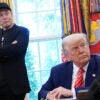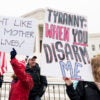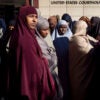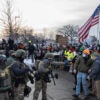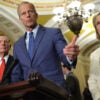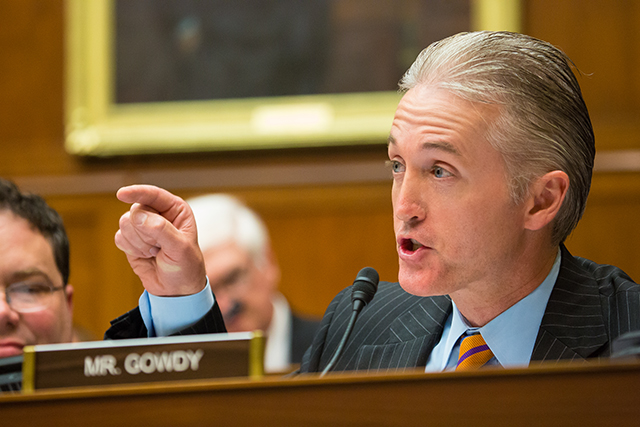At the first public hearing of the Benghazi Select Committee, Democrats and Republicans alike expressed frustration with the State Department’s actions and responses with regard to diplomatic security.
Yet, the committee failed to get to the bottom of the most crucial security question of all. Did former Secretary of State Hillary Clinton personally sign a waiver of U.S. law for the establishment of a Benghazi diplomatic facility with inadequate security in an extremely high-risk environment? The answer lies at the heart of the Benghazi scandal.
But answering that question would have created a far more politicized atmosphere for the Select Committee’s inaugural hearing, and the chairman, Rep. Trey Gowdy, R-S.C., has vowed to maintain a factual and sober approach to the investigation. This is understandable. Nevertheless, assigning ultimate responsibility for placing American diplomats in harm’s way must be done at some point, even at the risk of creating controversy.
The Accountability Review Board, whose review of the attack and its aftermath was under scrutiny by the committee, never did ask who signed the waiver, nor did it interview Clinton. It is possible, at least, that any incriminating documents that may have pointed to Clinton were removed during a weekend purge, as reported on by The Daily Signal’s Sharyl Attkisson on Monday.
Under the Secure Embassy Construction and Counterterrorism Act of 1999, or SECCA, diplomatic facilities in high-risk areas must be housed together with security forces’ facilities and placed away from roads to maximize security for the personnel. SECCA was passed following the East Africa embassy bombings in 1998, which killed more than 220 people, including 12 Americans.
Yet, in Benghazi, the CIA Annex and the “consulate” were split apart as the State Department attempted to create a permanent presence in Benghazi. The villa complex, which had been purchased by State for the “consulate,” did not conform to State’s own security specifications—including distance from the road—and therefore also had to be subject to a waiver, which by law can be signed only by the secretary of state.
Yet in interviews, Clinton has maintained diplomatic security was not her business but that of her staff. And following the ARB report, four of her staff did indeed take the fall, subject to disciplinary action without a hearing or any other chance to defend themselves. One of them, Raymond Maxwell, told Attkisson he was unfairly punished and even denied a hearing by the State Department’s ombudsman.
Raising the questions of Clinton’s accountability as department head would have created a far more politicized atmosphere for the Select Committee’s inaugural hearing, and Gowdy has vowed to avoid this. That is fine for now. But at some point, we need to know the answers.
